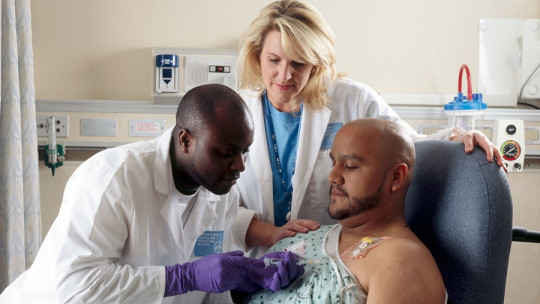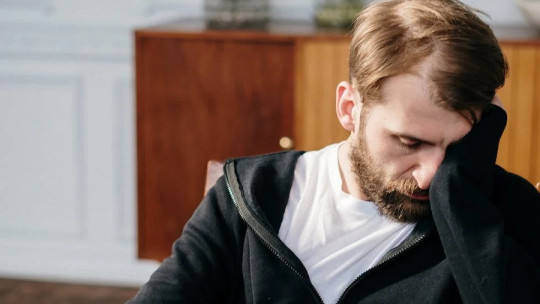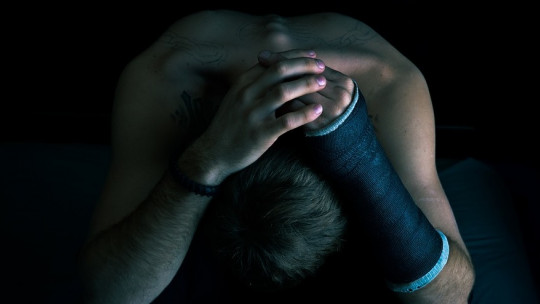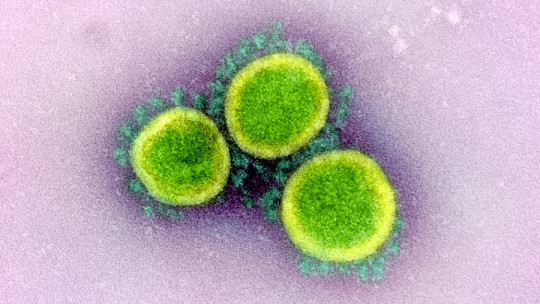
The psychological impact of clinically significant cases of COVID-19 (that is, those cases in which the person experiences symptoms that are important enough to conclude that they have had an illness, because their quality of life is impaired) is one of the most unknown aspects of the pandemic, because the focus tends to be on the physical alterations that this pathology produces.
However, studies carried out on this topic show some worrying data. Let’s see, then, What is known about the mental consequences caused by the COVID-19 disease.
Are there psychological consequences from the COVID-19 disease?
A study carried out by researchers at the San Rafael Hospital in Milan based on the follow-up of 402 adult patients who had had COVID-19 has shown that more than half of them (55%) suffered psychological consequences. Thus, 42% developed an anxiety problem, 40% went through a stage of insomnia, 28% suffered post-traumatic stress disorder, 31% became depressed, and 20% presented symptoms attributable to Obsessive Disorder. Compulsive.
Along these lines, another study based on a meta-analysis of more than 70 investigations carried out in countries around the world showed that in the acute phase of patients treated in the hospital for COVID-19 Symptoms such as depressed mood (34%), anxiety (35%), memory problems (34.1%) and insomnia (41%) were relatively common. On the other hand, in the stage after suffering from COVID-19, it was also relatively common to suffer from a psychological disorder, such as anxiety disorders (14.8%), depression (14.9%), insomnia (12 .1%), memory problems (18.9%), and trauma (32.2%).
As we see, the most common disorders are both anxiety and depression, the two most common groups of psychopathologies in the general population (not only in people with COVID-19) and others associated with fear and the inability to get out of mental loops, such as OCD or insomnia; and memory alterations also seem to stand out, something that usually occurs in situations of great stress.
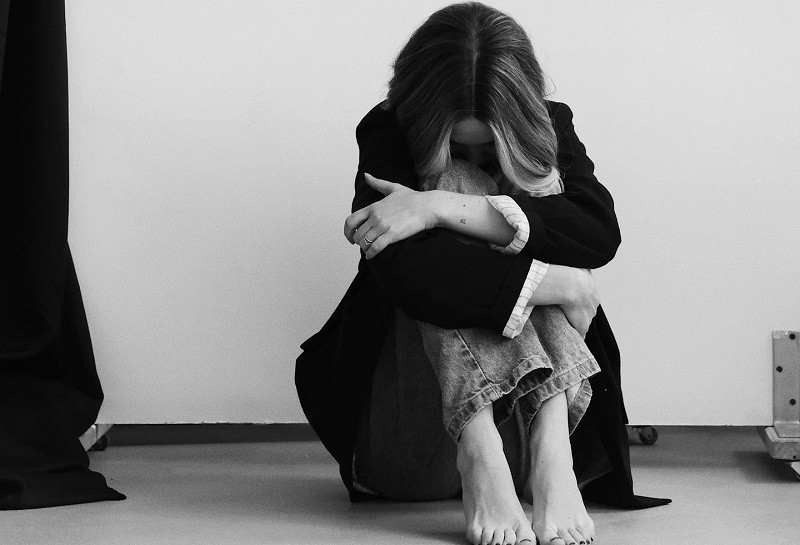
Causes
What is the cause of these alterations? Some evidence revealed by previous studies shows that several very important psychological disorders, such as depression, could have among their main causes inflammatory processes that affect the body for a relatively long period, as well as alterations that affect the immune system: The body enters a state of “alert” in which the biological functions associated with a good mental state would be left unattended in order to mitigate other more immediate problems.
However, we cannot forget that the way in which patients with COVID-19 and those who have gone through this disease perceive and interpret things also has a lot to do with mental health and can lead to psychological problems.
So, poorly manage the fear produced by the experience of hospitalization or quarantine at home, for example, can fuel the appearance of anxiety disorders and insomnia, and the inactive lifestyle linked to social isolation is a breeding ground for the appearance of depression; Likewise, having gone through a phase in which you fear for your own life or that of your loved ones (due to the possibility of contagion) can also give rise to psychological trauma.
And of course, poor management of the fear of contagion or worsening of the disease can trigger the symptoms of Obsessive-Compulsive Disorder (for example, leading the person to wash their hands constantly and in increasingly more complex ways). ).
Definitely, COVID-19 disease can cause psychological consequences both due to the way in which the person manages what happens to them and the way in which they are cared for by health workers or family members, as well as possible triggers of an organic nature that alter the functioning of their body. That is, in many aspects, psychological problems during and after COVID-19 do not have to be caused by the disease itself, but rather can be the product of psychological variables linked to the way in which the person lives. that situation. And that means that there is a certain margin of maneuver to ensure mental health through the implementation of certain habits, exercises to modulate emotions and anxiety, routines to apply in personal relationships, etc.
So, Help people manage anxiety and distress giving them support in times of illness so that they do not become trapped in the vicious circle of rumination, giving them psychologically healthy lifestyle guidelines and habits and preventing them from remaining for several weeks in a state of total social isolation is important to prevent and mitigate the symptoms of the most common mental disorders.
Are you looking for professional psychological assistance?
If you are looking for psychology services, contact me.
My name is Thomas Saint Cecilia and I am a psychologist specializing in the cognitive-behavioral model. I serve adults and adolescents, and I also work collaborating with companies, offering sessions both in person at my office in Madrid, and online via video call.


